Dyslexia Books for Parents
The first thing I did when I found out my child is Dyslexic was find Dyslexia Books for Parents that would help me understand him and his specific needs.
These parenting books about Dyslexia will help you better understand your child and what your child specifically needs.
Be sure to read our other parenting Dyslexia posts!
You can find these parenting books about Dyslexia at your local library or purchase through the affiliate links provided for your convenience.
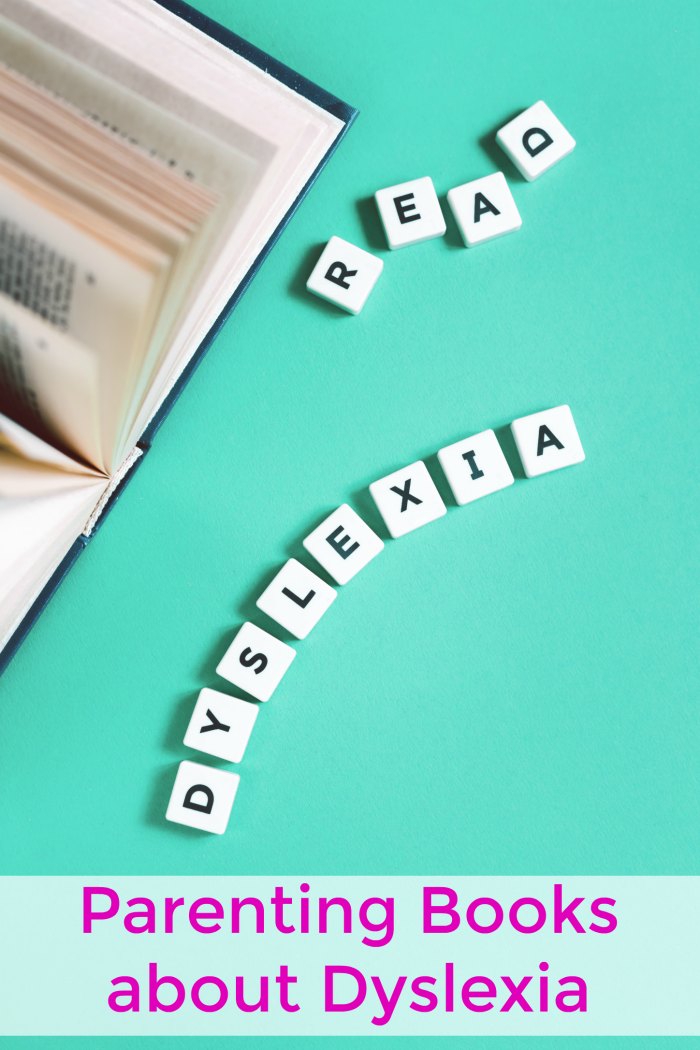
Children’s Books about Dyslexia
A wonderful way to help your child understand and embrace their reading disability is through children’s books about Dyslexia.
Tom’s Special Talent It’s Called Dyslexia (Live and Learn Series)
It’s Called Dyslexia (Live and Learn Series) Did You Say Pasghetti? Dusty and Danny Tackle Dyslexia
Did You Say Pasghetti? Dusty and Danny Tackle Dyslexia Thank You, Mr. Falker
Thank You, Mr. Falker
Dyslexia Resources for Parents
My son Vman’s diagnosis wasn’t particularly a surprise. He entered 2nd grade not being able to read at all.
Every time he turned to a new page in a beginner reading book, it was like he was seeing the words for the very first time and had to try to sound them out.
There were a number of red flags that the school “reading specialist” continued to overlook.
Learn to Read for Kids with Dyslexia: 101 Games and Activities to Teach Your Child to Read Orton Gillingham Workbook For Kids With Dyslexia. 100 Orton Gillingham activities to improve writing and reading skills in children with dyslexia
Orton Gillingham Workbook For Kids With Dyslexia. 100 Orton Gillingham activities to improve writing and reading skills in children with dyslexia Writing Workbook for Kids with Dyslexia. 100 activities to improve writing and reading skills of dyslexic children
Writing Workbook for Kids with Dyslexia. 100 activities to improve writing and reading skills of dyslexic children Orton Gillingham Tools For Kids With Dyslexia. 100 activities to help children with dyslexia differentiate and correctly use “b”, “d”, “p” and “q” letters.
Orton Gillingham Tools For Kids With Dyslexia. 100 activities to help children with dyslexia differentiate and correctly use “b”, “d”, “p” and “q” letters.
Instead, she said he needed to work harder, which about the most ridiculous thing I had ever heard. This kid was working HARD! She just wasn’t providing him the tools to help him learn how to read in the way that his brain wanted to read.
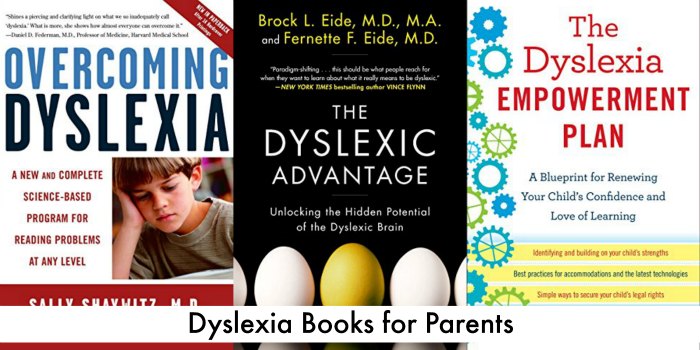
DYSLEXIA BOOKS FOR PARENTS
This book contains the latest information about reading problems and proven, practical techniques that, along with hard work and the right help, can enable anyone to overcome them.
Here are the tools that parents and teachers need to help the dyslexic child, age by age, grade by grade, step by step.
Blending personal stories with hard science, The Dyslexic Advantage provides invaluable advice on how parents, educators, and individuals with dyslexia can recognize and use the strengths of the dyslexic learning style in: material reasoning (used by architects and engineers); interconnected reasoning (scientists and designers), narrative reasoning (novelists and lawyers); and dynamic reasoning (economists and entrepreneurs.)

While other books tell you what dyslexia is, this book tells you what to do.
Dyslexics’ innate skills, which may include verbal, social, spatial, kinesthetic, visual, mathematical, or musical abilities, are their unique key to acquiring knowledge.
Figuring out where their individual strengths lie, and then harnessing these skills, offers an entrée into learning and excelling.
By keeping the focus on learning, not on standard reading the same way everyone else does, a child with dyslexia can and will develop the self-confidence to flourish in the classroom and beyond.
This book outlines a unique and revolutionary program with a phenomenally high success rate in helping dyslexics learn to read and to overcome other difficulties associated with it.
This new edition is expanded to include new teaching techniques and revised throughout with up-to-date information on research, studies, and contacts.
This straightforward guide provides the essential information for parents and advocates to understand US law and get the right educational entitlements for a child with dyslexia.
Using case studies and examples, this book demonstrates clearly how to apply the Individuals with Disabilities Education Act (IDEA) to the unique requirements of a dyslexic child.
It offers simple, intelligible help for parents on how to coordinate successfully with their child’s school and achieve the right services and support for their dyslexic child; up to and beyond getting an effective Individual Education Plan (IEP).
A practical, step-by-step information on accurately identifying, assessing, and using evidence-based interventions with individuals with dyslexia.
Addressing the components that need to be considered in the assessment of dyslexia—both cognitive and academic—this book includes descriptions of the various tests used in a comprehensive dyslexia assessment along with detailed, evidence-based interventions that professionals and parents can use to help individuals struggling with dyslexia.
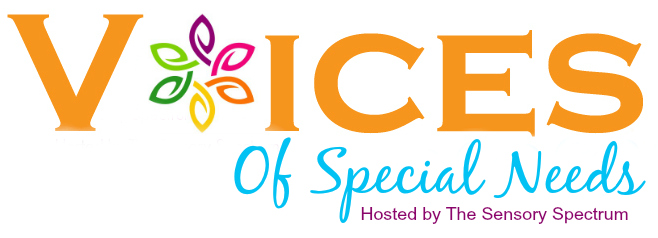
Welcome to Voices of Special Needs Blog Hop — a monthly gathering of posts from special needs bloggers hosted by The Sensory Spectrum and Mommy Evolution. Click on the links below to read stories from other bloggers about having a special needs kiddo — from Sensory Processing Disorder to ADHD, from Autism to Dyslexia!
Want to join in on next month’s Voices of Special Needs Hop? Click here!
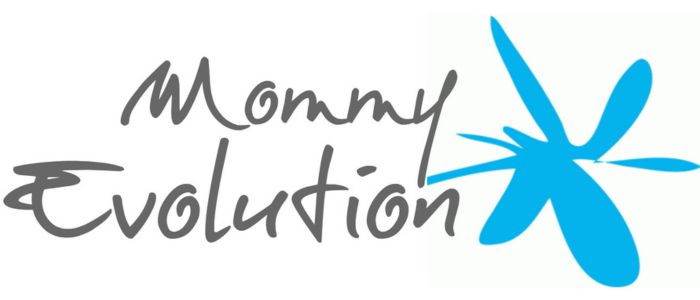








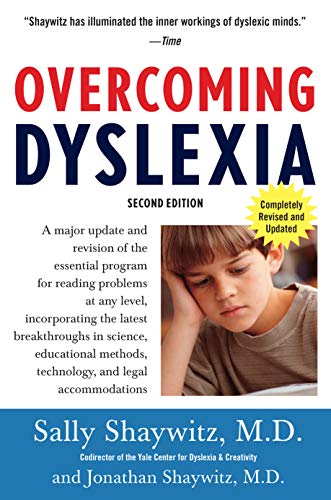




Great tools & resources (and all in one spot)! I’ve never been more frustrated than when trying to get reading help for my pre-teen. She’s in a special education class, and we were told as such she was not eligible for a reading specialist. Not sure about THAT logic – but once we got specialized help (via several lost months and an atty) her reading is improving slowly but surely.